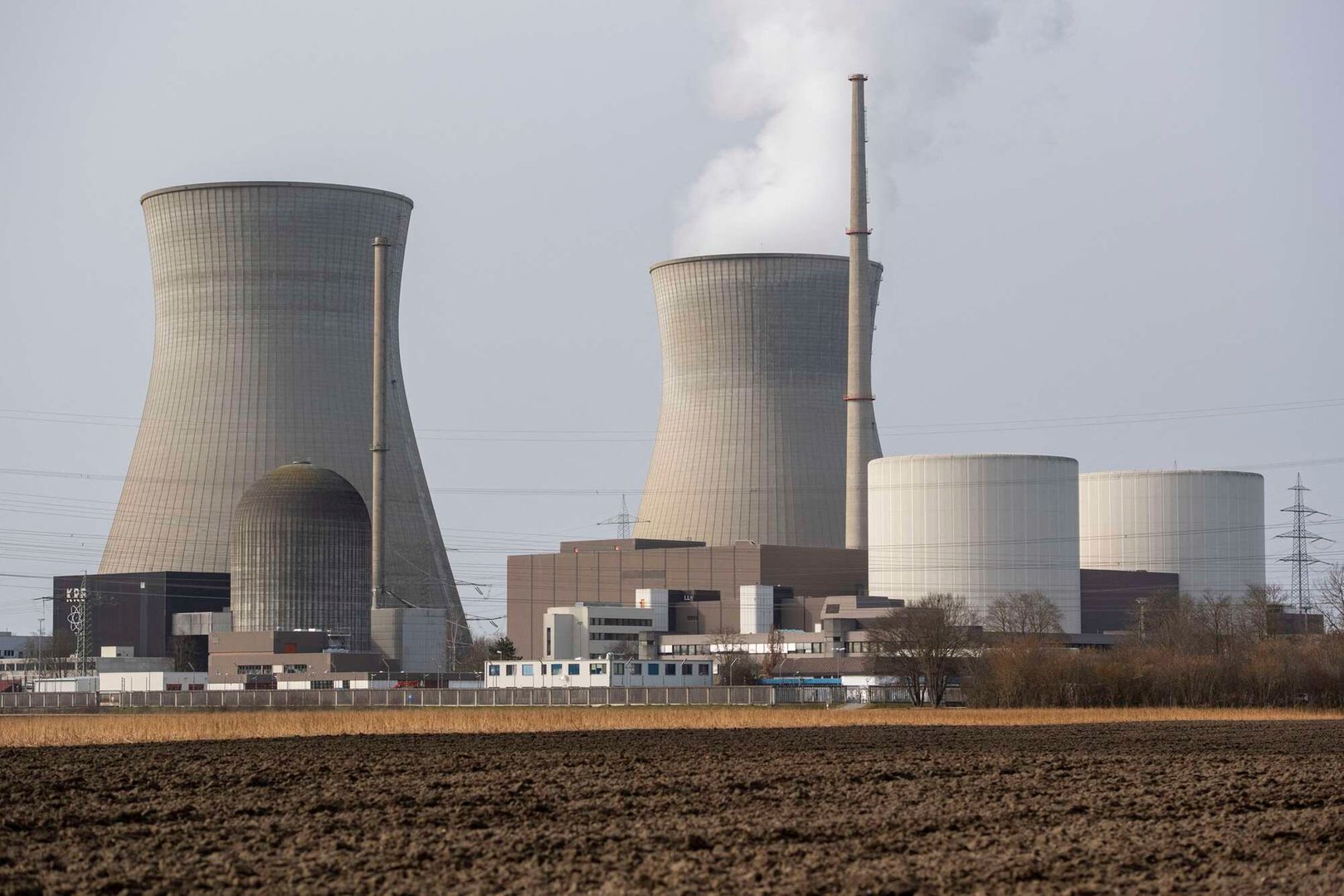
Kenya has announced plans to build its first nuclear power plant by 2034, as revealed by a government minister on Thursday. This announcement comes as the country gears up to host a US-Africa summit on nuclear energy. The proposed plant, to be situated on the Indian Ocean coast, has already sparked concerns among activists and local residents regarding safety and environmental impacts.
Prime Cabinet Secretary Musalia Mudavadi confirmed the government’s intention to construct the nuclear plant by 2034, with a research reactor expected to be commissioned by the early 2030s. According to a statement from his office, the project aims to bolster Kenya’s energy capacity, reduce CO2 emissions, and create new job opportunities. Media reports estimate the cost of the 1,000-megawatt plant at approximately 500 billion Kenyan shillings ($3.9 billion).
Mudavadi emphasized Kenya’s commitment to clean energy, stating, “Kenya is committed to leading in clean energy. Kenya is focused on advancing nuclear technology as part of Kenya’s sustainable energy strategy.” Currently, the East African nation generates about 90 percent of its energy from renewable sources, including geothermal, hydro-electric, wind, and solar power.
President William Ruto, a prominent advocate for climate change initiatives in Africa, has expressed confidence in Kenya’s potential to achieve 100 percent renewable energy by 2030. The upcoming US-Africa Nuclear Energy Summit, which Kenya is set to host next week, will address the continent’s readiness for nuclear power.
While South Africa remains the only African country with a civil nuclear program, Rwanda has recently taken steps towards nuclear energy. Last year, Rwanda signed an agreement with a Canadian-German startup to build an experimental nuclear reactor, and earlier this month, it announced a deal with a US company to construct mini-reactors.
Despite these advancements, Kenya’s nuclear project faces opposition. The Kenya Anti-Nuclear Alliance has voiced strong objections, urging the government to prioritize investment in safer, cleaner, and more sustainable renewable energy sources instead of pursuing a nuclear program that poses risks to lives and livelihoods.
